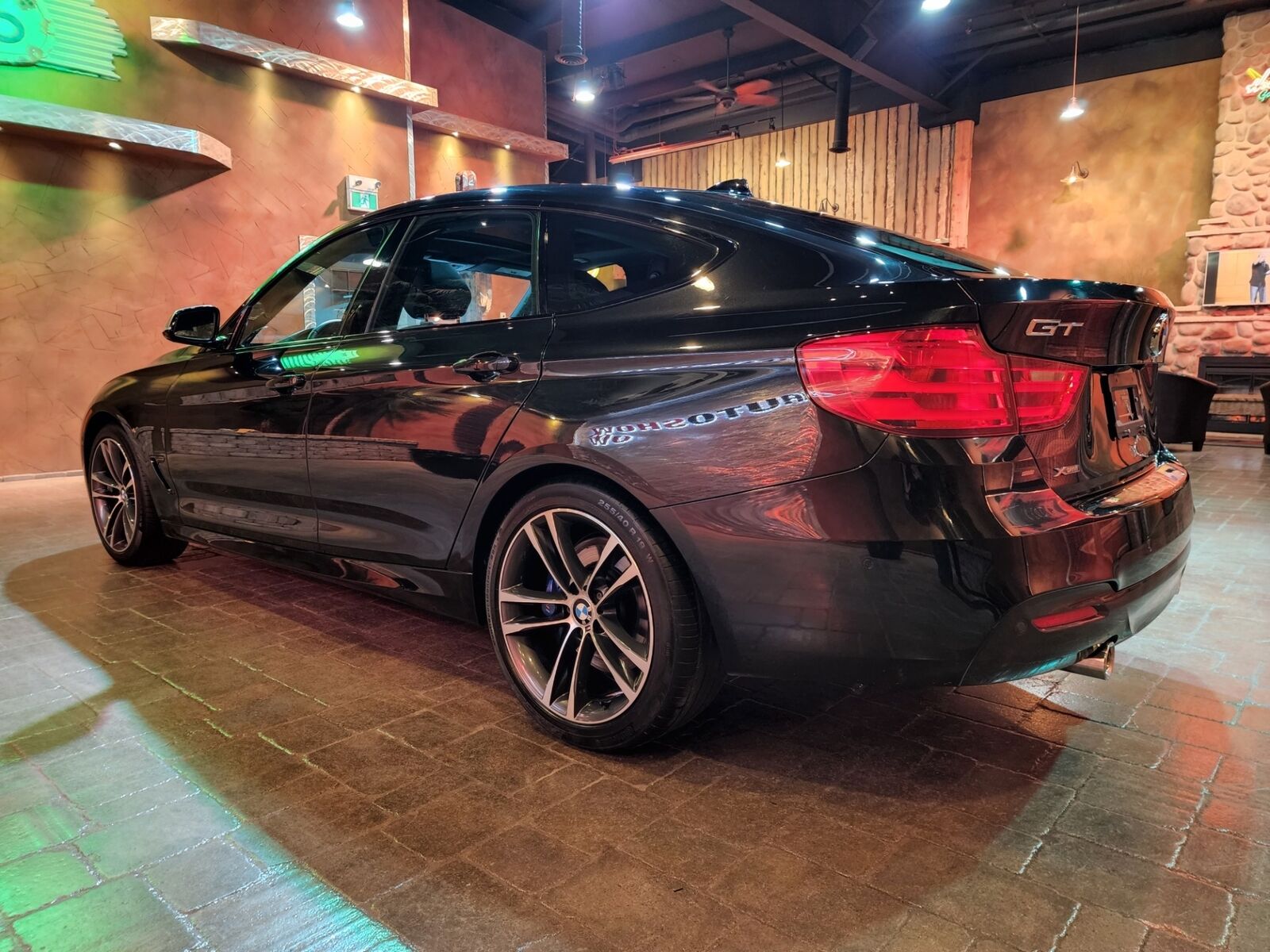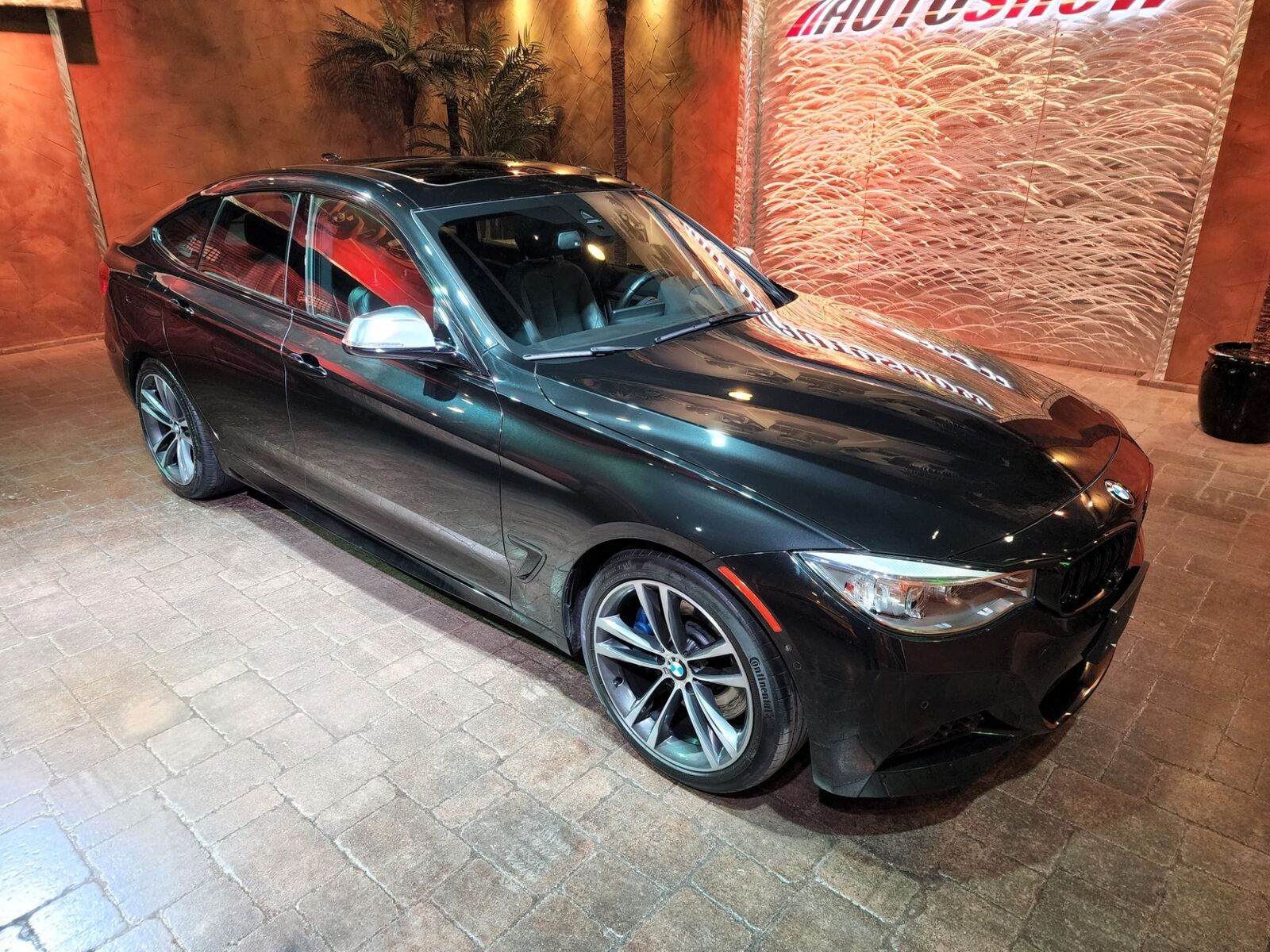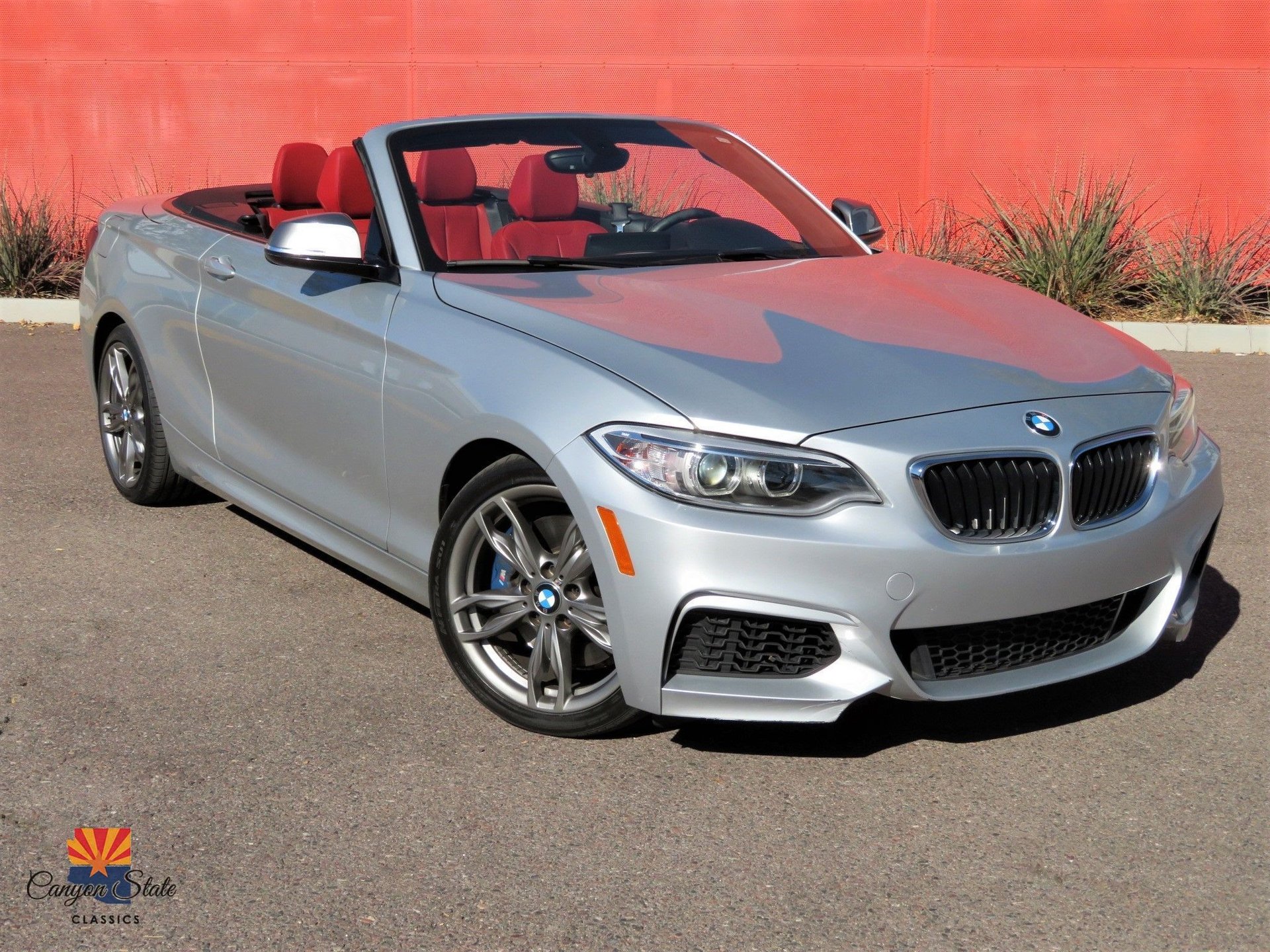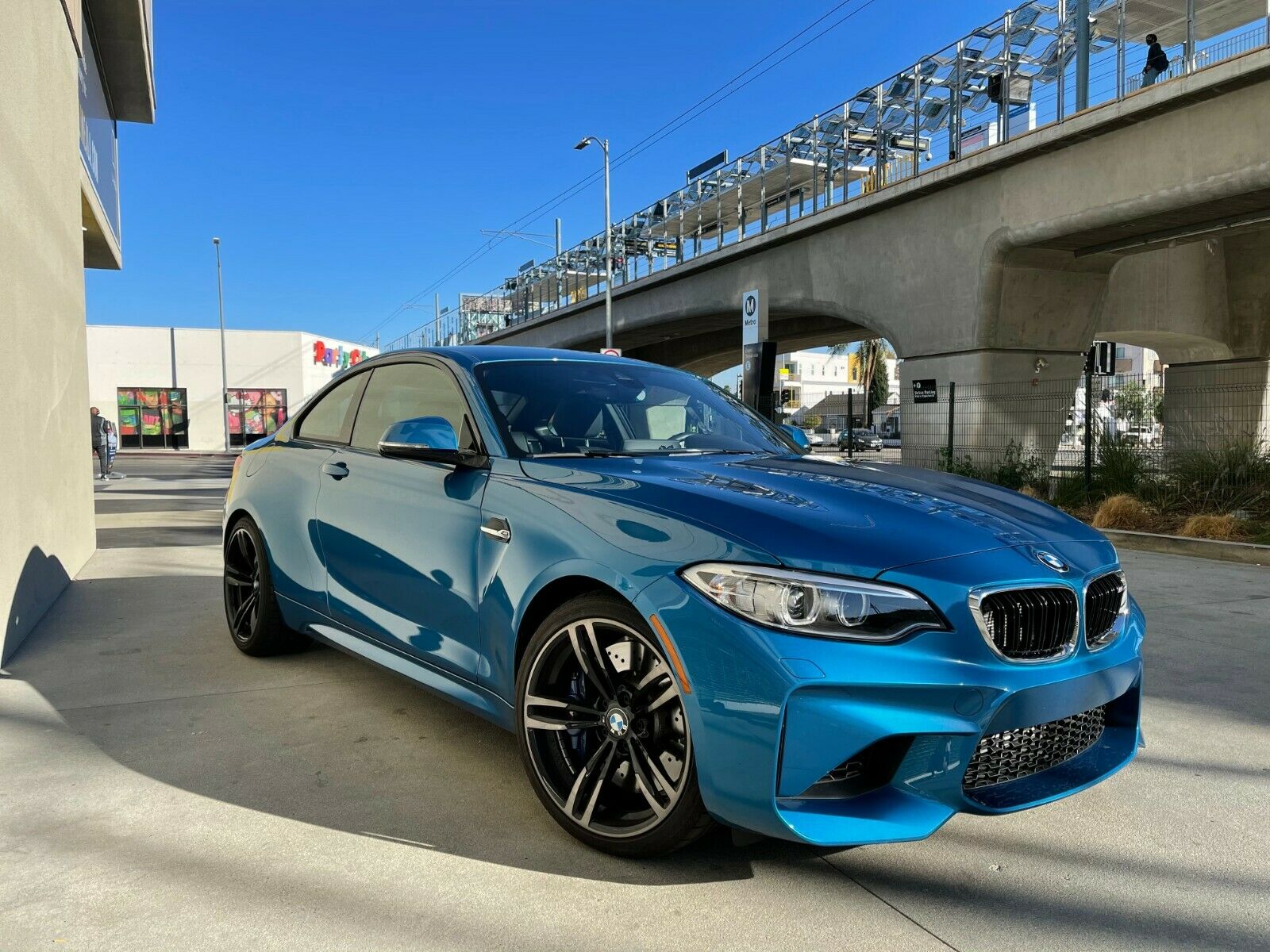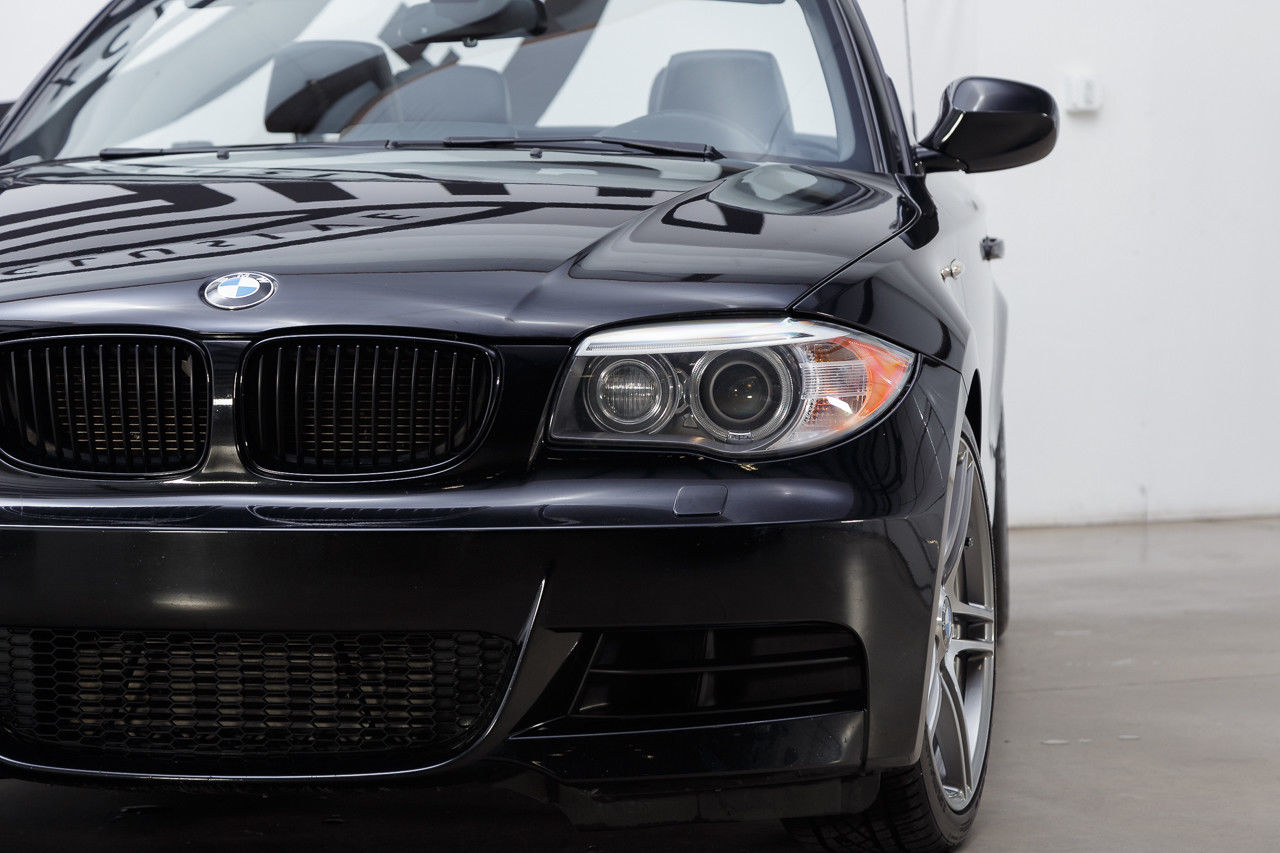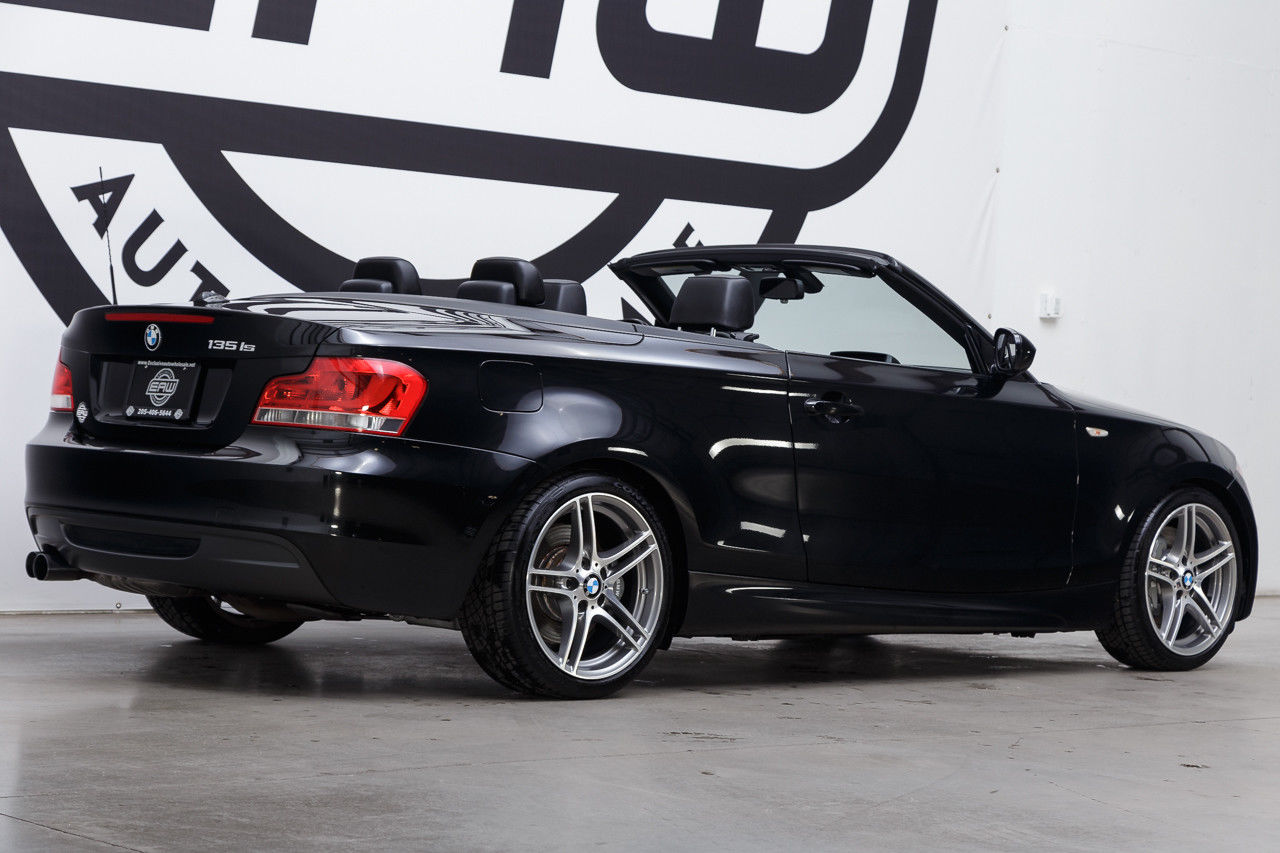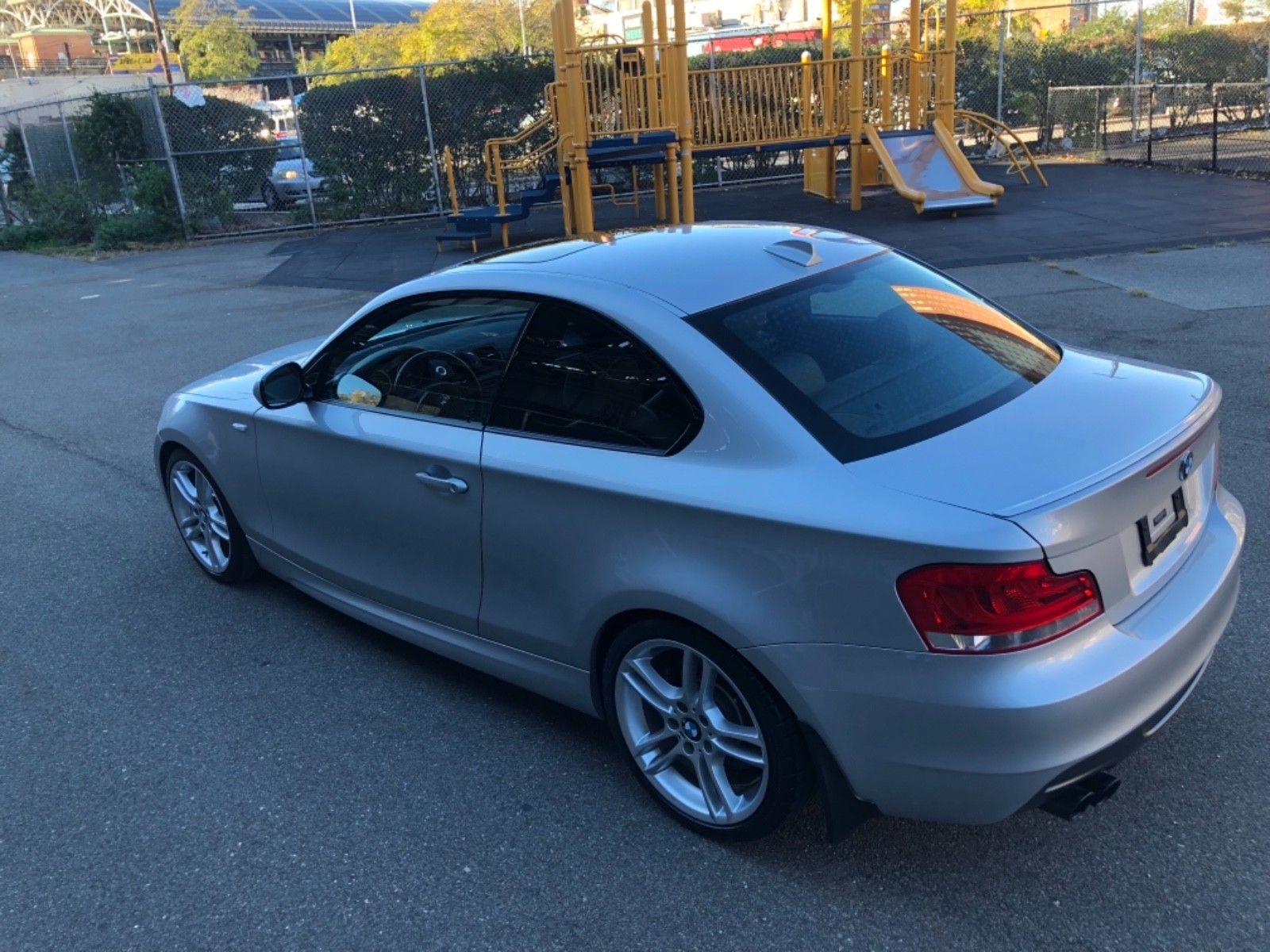BMW’s brief foray into “Gran Turismo” models still confuses me. After removing the 5-Series wagon from the North American market, the company decided that US buyers needed more space in the 5 again. Why those buyers couldn’t opt for one of BMW’s plentiful SUV and SAV models – the X1, X3, X5, or X6 – still baffles me, but nonetheless the company forged ahead. While it was called, a 5, it was actually closer to a 7-Series platform. The resulting G07 chassis was a disproportionate and clunky combination that managed (somehow) to look even more awkward than the X6. Baffled, too, were buyers, who drove away from dealers at a rate of only about 3,000 per year.
Undeterred, the company extended the same treatment to the 3. Based on the long-wheelbase Chinese-market F35 sedan, the F34 GT utilized the F31 wagon’s rear suspension, revised and adjustable rear seats, raised front seats, and a big hatchback. Although it looked sleeker than the Sport Wagon, because it was larger in every dimension it actually could hold more luggage. The range-topping 335i carried the single-turbo N55 inline-6, and here they were tied only to an 8-speed automatic. While admittedly a lot less awkward than the 5 GT, the 3 GT was still…different, and the 5 and 3 GTs were single-model-only to date, as the hatchback designs moved to the 6- and 4-Series models, respectively. So why buy? Well, like every prior generation of 3, you couldn’t get the most powerful motor in the Sport Wagon in the US, so the 3 GT offers the most space and spunk that you could get in the small chassis. Let’s take a look.
